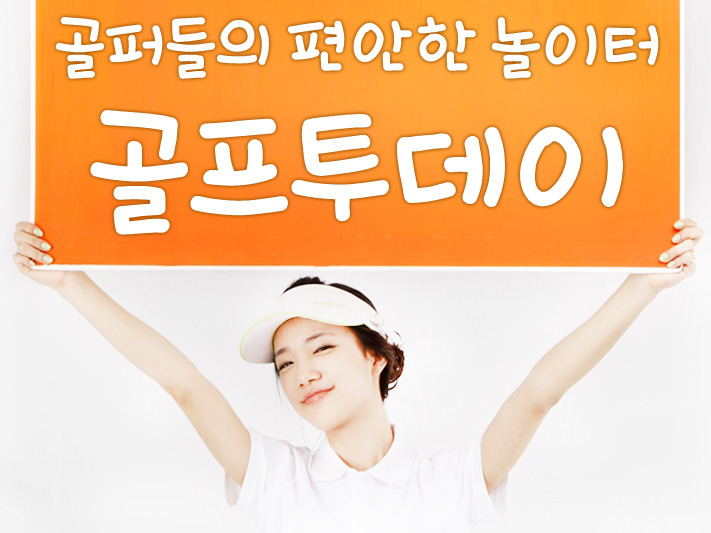Why You’re Still Tired After 8 Hours of Sleep (and What to Do)
You went to bed at a reasonable hour.
You got your full 8 hours.
But you still wake up feeling… exhausted.
Why?
The truth is, sleep quantity ≠ sleep quality.
You could be spending 8 hours in bed and still miss out on the deep, restorative sleep your brain and body need to recharge and repair.
In this article, we’ll explore the hidden reasons you’re still tired after sleeping—and what you can do today to fix it.
🧠 Sleep vs. Restorative Sleep – What’s the Difference?
Not all sleep is created equal.
Your body cycles through four stages of sleep:
- Light Sleep (NREM 1 & 2)
- Deep Sleep (NREM 3) – Physical repair happens here
- REM Sleep – Emotional processing, memory, creativity
📌 You may be in bed for 8 hours but get very little deep or REM sleep—the kinds that actually restore you.
⚠️ 6 Reasons You’re Still Tired After 8 Hours
1. Poor Sleep Architecture (Fragmented Sleep)
Even brief awakenings—due to noise, light, temperature, or stress—can pull you out of deep sleep.
📉 Consequence:
- Less time in NREM 3 (deep sleep)
- Morning grogginess and low recovery
Fix it:
- Use blackout curtains
- Keep bedroom 18–20°C (64–68°F)
- Use white noise if you’re in a noisy area
2. Undiagnosed Sleep Disorders
Conditions like sleep apnea, restless leg syndrome, or insomnia can severely reduce your sleep quality.
📌 Sleep apnea causes oxygen dips and micro-awakenings throughout the night—even if you don’t remember them.
Fix it:
- Track sleep with an Oura ring or sleep app
- Talk to your doctor if snoring, gasping, or frequent nighttime waking occurs
3. Cortisol Disruption (Stress Hormones)
If cortisol is high at night, your body won’t enter full recovery mode—even if you’re unconscious.
📈 Signs:
- Waking between 2–4 AM
- Racing thoughts at bedtime
- Light, restless sleep
Fix it:
- Turn off screens 60+ mins before bed
- Try magnesium glycinate or L-theanine
- Add a wind-down ritual (reading, stretching, journaling)
4. Blood Sugar Fluctuations
Nighttime dips or spikes in blood sugar can cause fragmented sleep and tired mornings.
📌 Common causes:
- High-carb dinner
- Alcohol or sugar before bed
- Long gaps between meals
Fix it:
- Eat a balanced dinner: protein + fat + fiber
- Avoid alcohol/sugar 3 hours before bed
- Small snack (like almond butter or chia pudding) may help
5. Low Sleep Efficiency
You may be in bed for 8 hours, but only sleeping for 6.5.
Sleep efficiency = time asleep ÷ time in bed × 100
Below 85%? That’s poor sleep efficiency.
Fix it:
- Go to bed only when sleepy
- Keep a consistent wake-up time—even on weekends
- Avoid snoozing or laying in bed awake
6. Inflammation & Poor Gut Health
Systemic inflammation (from poor diet, stress, toxins, etc.) can impair melatonin production and disrupt sleep stages.
Fix it:
- Eat anti-inflammatory foods (greens, omega-3s, turmeric)
- Improve gut health with prebiotics & fermented foods
- Limit alcohol and processed foods
🛠️ What You Can Do Tonight for Better Energy Tomorrow
| Habit | Why It Works |
|---|---|
| Expose your eyes to sunlight within 30 mins of waking | Resets circadian rhythm |
| Avoid caffeine after 1–2 PM | Prevents delayed sleep cycles |
| Set a sleep alarm | Not to wake up—but to start winding down |
| Keep electronics out of the bedroom | Blue light and EMFs disrupt deep sleep |
| Track your sleep | Awareness = change |
🧪 What Research Says
- NIH Sleep Study (2020): “Sleep fragmentation leads to a 30% decrease in cognitive performance even with total sleep time unchanged.”
- Journal of Clinical Endocrinology: “Disrupted cortisol rhythms impair sleep quality and delay recovery.”
- Stanford Sleep Lab: “Participants with high sleep efficiency but <7 hrs sleep outperformed those with 8+ hrs and poor efficiency.”
✅ Final Thoughts: Sleep Smarter, Not Longer
Getting more sleep doesn’t always mean getting better sleep.
Start by supporting your nervous system, stabilizing your blood sugar, and protecting your sleep environment.
Then track what works.
Make one change at a time.
And discover what it really feels like to wake up energized.
😴 Sleep isn’t just rest. It’s recovery, repair, and your superpower.
why am i tired after 8 hours of sleep, how to sleep better naturally, sleep efficiency tips, deep sleep vs light sleep, cortisol and sleep disruption, sleep apnea fatigue, circadian rhythm energy, how to get more restful sleep, signs of poor sleep quality, blood sugar and sleep




